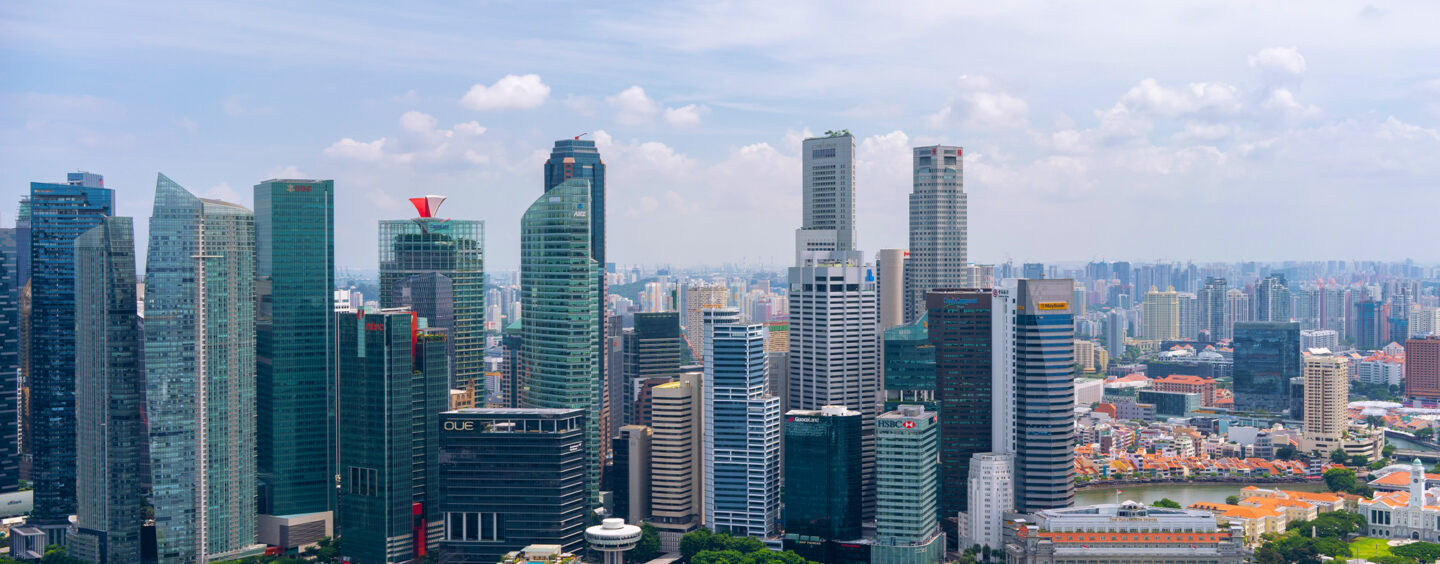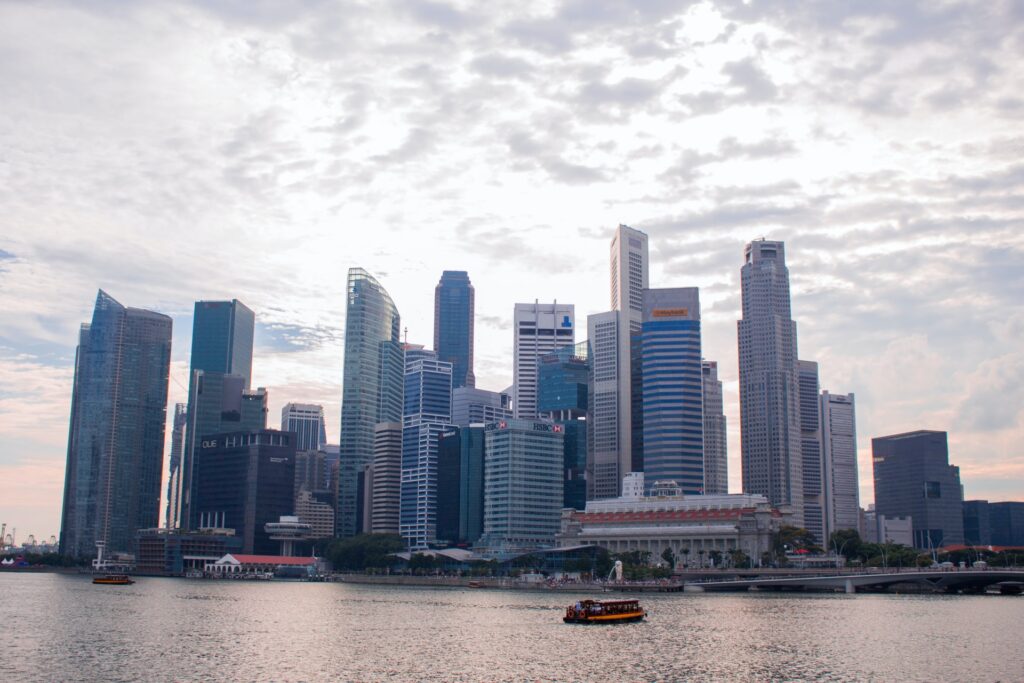
Singapore’s Financial District to Reinvent Itself for Hybrid Working
by Fintech News Singapore November 5, 2021Amid the global conditions of 2020, many companies were forced to adapt to remote work and introduce new ways of operating. On the other hand, those that were not able to overcome that global challenges or pivot were forced to close their doors.
As the world is now shifting towards new ways of doing things, several companies across the globe are still practicing caution and have resorted to hybrid operations. This means that they have introduced a rotational system for who comes into the office and on which days. As such, office spaces will not be overcrowded and employees will still be able to engage and meet for in-person projects or tasks that need to be completed.
The world of work post 2020
While 2020 prompted more people to explore alternative investment options and ways of making money, such as forex trading, many are finding comfort in still having their day jobs because of hybrid working, whilst still being able to continue trading online to make more money. As such, trading currencies in JPY and USD, which are amongst the safe haven currencies, was highly recommended because of their relative stability compared to others. Additionally, now that more countries are easing travel restrictions, foreign exchange will be an active part of the economies of the world again as people are already planning their next holiday. Australia, for one, will soon be opening its borders to travellers from Singapore, under certain conditions.
Changes to Singapore’s financial district

Photo by Shi Min Teh on Unsplash
That being said, one such country that is reinventing itself to accommodate the new world of work is Singapore. It is reported that the conventional office-based employment model is currently under threat, understandably so after 2020. Although the country is being cautious in its reopening and return to regular operations, workplace activity is said to have declined by 25% in the last week of September 2021. This is compared to the workplace activity before the turbulences of 2020. As a way to avoid losing the culture and social aspect of work, some companies in Singapore have implemented social and cohesion activities amongst employees.
Moreover, the country is now exploring ways of making the central business district (CBD) more attractive for both working and living – a move which was already underway prior to the urgency that has now arisen. Writings on the matter suggest that to encourage hybrid living in the CBD, the country is planning to add new amenities such as supermarkets, restaurants, bars and coffee shops, amongst other things. Additionally, the addition of more cycle paths and pedestrian zones are aimed at encouraging people to live closer to business operations and explore the area on foot.
The country is under pressure to keep its CBD alive because it is a key attraction for investors. Currently, it is estimated to be worth over $50 billion. Fortunately, not all businesses can embrace the concept of working from home, such as retail stores and customer-facing businesses, which means that they will be active in reviving the country’s CBD. While some commercial property spaces and offices may be running empty, co-working spaces have come to the fore as an integral part of hybrid working, and some people are of the belief that they are the future of work.
Featured image credit: Photo by Jason Rost on Unsplash







